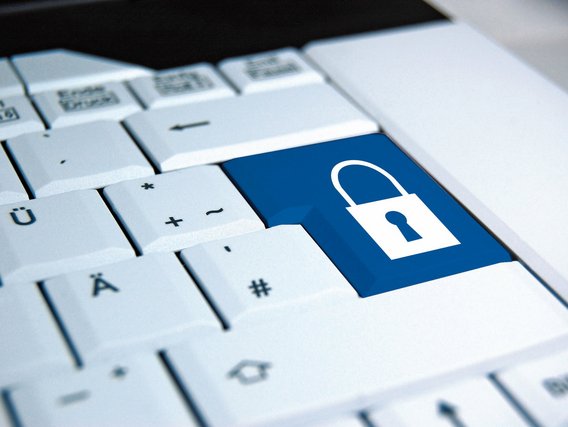
ISO 27001
ISO/IEC 27001 is the only internationally recognized standard that can be audited and specifies the requirements for an Information Security Management System (ISMS).
The standard is designed to ensure the selection of adequate and balanced security controls. This selection helps a business protect its information assets and gain trust from stakeholders, especially its customers.
The standard is based on a process approach for establishing, implementing, operating, monitoring, reviewing, maintaining, and improving an ISMS. ISO/IEC 27001 is suitable for all businesses, large or small, and for any workplace. It is particularly suitable for organizations where information protection is critical, such as financial institutions, telecommunications, healthcare organizations, the public sector, and IT.
Certification of an ISMS according to the requirements of ISO/IEC 27001 can offer the following benefits to an organization:
- Demonstrates that the requirements for proper governance and business continuity are met,
- Shows that relevant legislation and regulatory standards are applied,
- Provides a competitive advantage in fulfilling contractual obligations and demonstrates to the organization's customers that the security of their information is of primary importance,
- Proves through an independent body that organizational risks have been identified, assessed, and managed satisfactorily and correctly,
- Highlights the existence of a formal operational information security management system,
- Demonstrates the commitment of the organization's top management to information security,
- Shows that all information stored, processed, or communicated through information systems is valuable to the organization.
ISO/IEC 27001 uses risk assessment to create a management system that provides:
- Maximization of systems availability,
- Assurance that the integrity of systems, processing systems, and information is maintained,
- Confirmation that the confidentiality of information is preserved.

